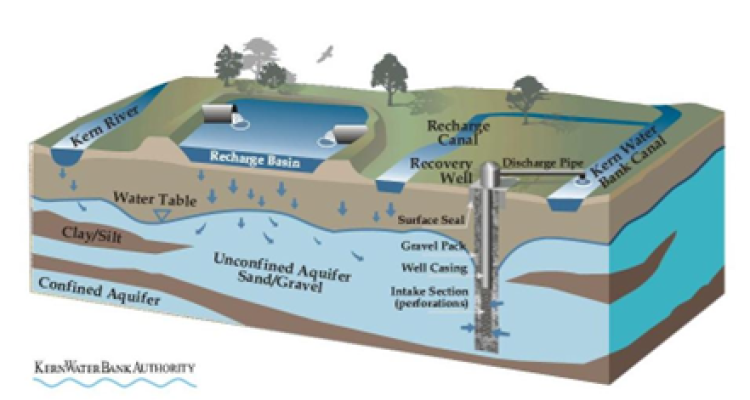
Project
What can we learn about water banking from international cases?
Are you ready to tackle one of the most pressing challenges of our time? With climate change intensifying, deltas around the world are grappling with extreme weather, rising sea levels, and growing water demands. In our increasingly water-scarce future, ‘water banking’ potentially offers a solution.
What is water banking, and why think about it?
Water banking offers a potential solution by:
- Balancing supply and demand: Water banks ensure a steady, reliable supply by storing water during wetter periods and releasing it during dry spells.
- Guiding sustainable practices: With clear legal and ethical frameworks, water banking can balance economic, environmental, and social needs.
What will you explore?
This project is a comparative case study on international ‘water bank’ initiatives, drawing lessons from examples worldwide, including but not limited to Australia and the United States.
Based on the scientific and grey literature, and possibly some interviews with experts, you will dive deep into critical research questions such as:
- Which water banks exist in the world?
- What do existing water banks do, and how do they work?
- How can we design a water bank that meets the needs of its users, using the terminology of Elinor Ostrom for institutional design?
- How do/could ethics and shared societal values—like health, justice, and biodiversity—shape water banking design?
What will you gain?
Dr Kirsty Holstead and Professor Dr Dave Huitema in the Public Administration and Policy group will supervise you. This project will:
- Give you hands-on learning: Engage with case studies and dynamic examples from worldwide.
- Include collaborative research: Work alongside experts who are interested in water sustainability
- Offer a global perspective: Gain the skills to contribute to managing water resources effectively.
Who will this suit?
We are looking for two students to develop thinking around water banking by looking at places where it exists and in what form.
If you have any questions, contact Kirsty Holstead (kirsty.holstead@wur.nl).